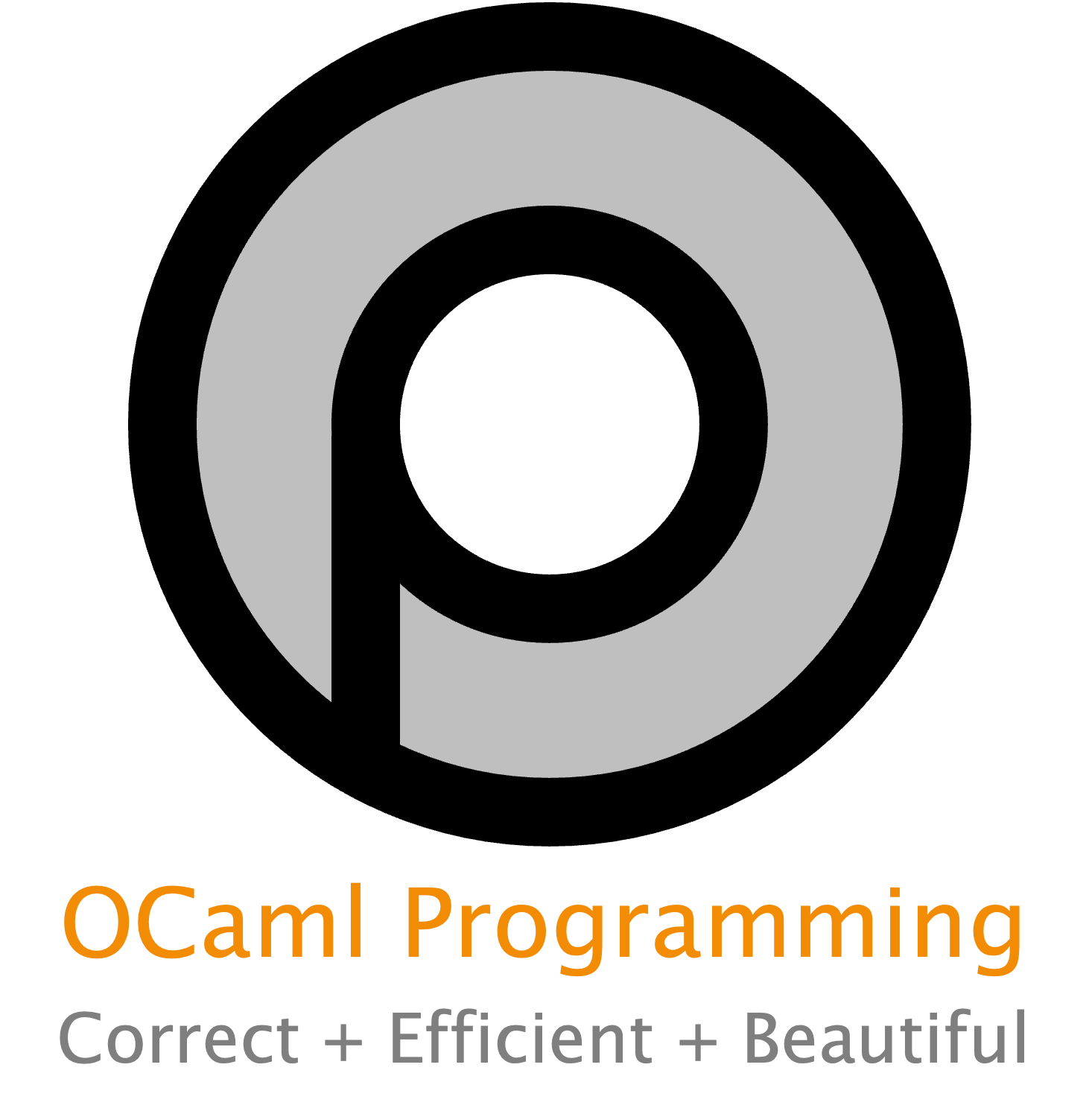10.7. Summary#
At first, it might seem mysterious how a programming language could be implemented. But, after this chapter, hopefully some of that mystery has been revealed. Implementation of a programming language is just a matter of the same studious application of syntax, dynamic semantics, and static semantics that we’ve studied throughout this book. It also relies heavily on CS theory of the kind studied in discrete mathematics or theory of computation courses.
10.7.1. Terms and Concepts#
abstract syntax
abstract syntax tree
associativity
back end
Backus-Naur Form (BNF)
big step
bytecode
call by name
call by value
capture-avoiding substitution
closure
compiler
concrete syntax
constraint
context-free grammar
context-free language
desugaring
dynamic environment
dynamic scope
environment model
evaluation
fresh
front end
generalization
Hindley–Milner (HM) type inference algorithm
implicit typing
instantiation
intermediate representation
interpreter
lambda calculus
let polymorphism
lexer
machine configuration
metavariable
nonterminal
operational semantics
optimizing compiler
parser
precedence
preliminary type variable
preservation
primitive operatiohn
progress
pushdown automata
regular expression
regular language
relation
semantic analysis
short circuit
small step
source program
static scope
static typing
stuck
substitution
substitution model
subtype polymorphism
symbol
symbol table
target program
terminal
token
type annotation
type checking
type inference
type reconstruction
type safety
type scheme
type system
type variable
typing context
unification
unifier
value
value restriction
virtual machine
weak type variable
well-typed
10.7.2. Further Reading#
Types and Programming Languages by Benjamin C. Pierce, chapters 1-14, 22.
Modern Compiler Implementation (in Java or ML) by Andrew W. Appel, chapters 1-5.
Automata and Computability by Dexter C. Kozen, chapters 1-27.
Real World OCaml has a chapter on the OCaml frontend.
This webpage documents some of the internals of the OCaml type checker and inferencer.
The OCaml VM aka the Zinc Machine is described in these papers: 1, 2.
10.7.3. Acknowledgment#
Our treatment of type inference is based on Pierce.
